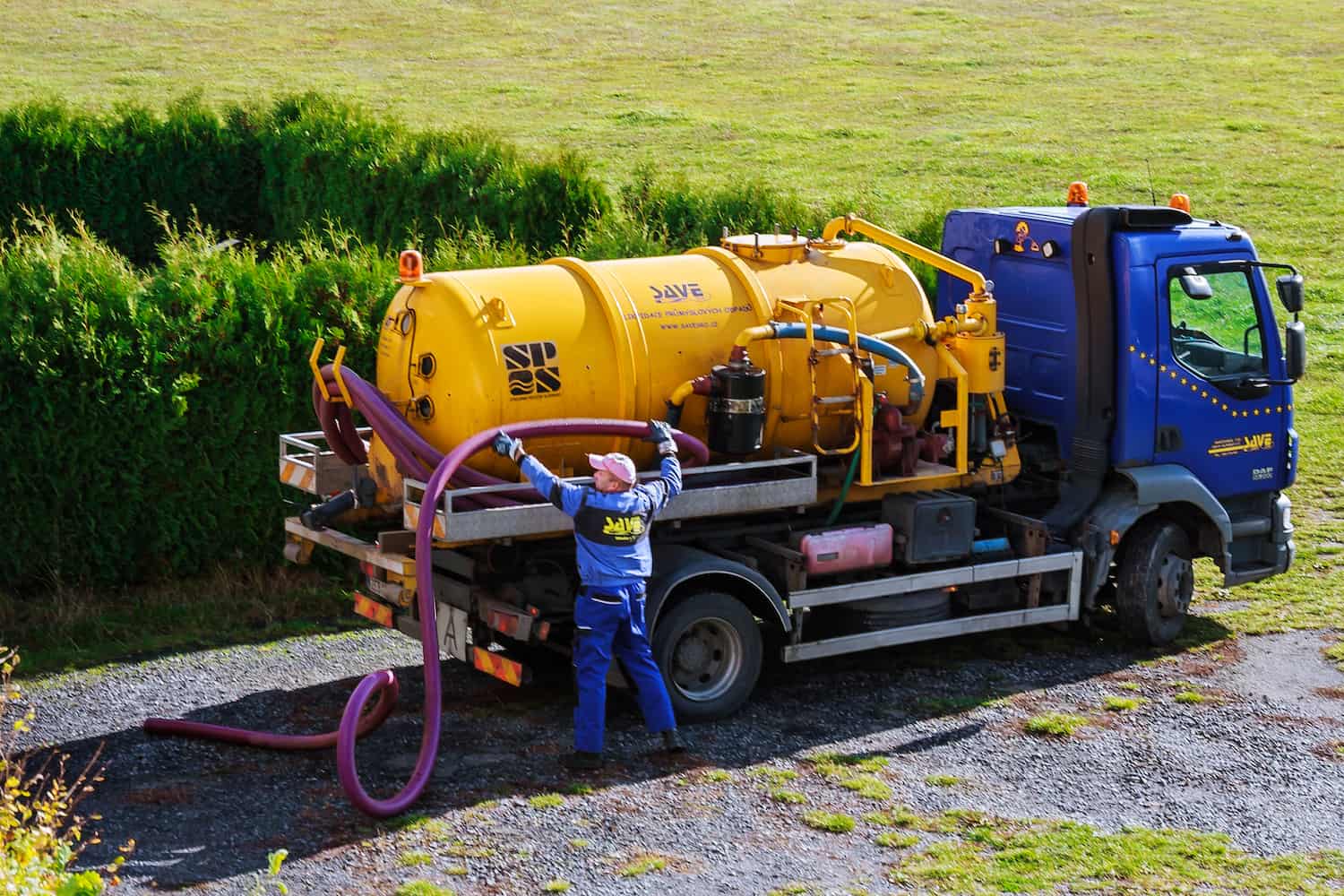Septic truck saves your money

Faecal sludge management is cheaper and more practical than centralized sewage in developing countries
Modern sanitation facilities for municipal wastewater treatment, such as local septic tanks, improved ventilated cesspools and centralized sewer-based (SB) systems, are “improved” sanitation systems, the construction of which is one of the development goals in the third millennium according to The United Nations, World Bank, and World Health Organization.
However, two problems arise here: firstly, modern sanitary systems included in the development project, such as the SB, not address Faecal sludge or not include a comprehensive Faecal sludge management (FSM)1 plan; secondly, in many sub-Saharan countries there is no centralized sanitation system and therefore onsite technologies provide 65-100% of sanitary services, which also do not include faecal sludge management.
Adequate financial information is lacking for decision makers to be able to compare the associated capital and operating costs of SB and FSM systems. The objective of this study was to make a financial comparison for the two types of systems (SB and FSM) under the same operating conditions, and based on actual capital and operating costs of full-scale, implemented systems.
The financial costs for the implementation of the Security Council and the FSM included: the determination of operating costs, their details and recounting per capita.
The annualized capital cost for the SB system ($42.66 hereinafter, the values are presented in capita−1 year−1) is ten times higher than for the FSM system ($4.04). The total operating costs for the SB system ($11.98) is also higher than for the FSM system ($7.58) but only 1.5 times higher. The combined capital and operating costs of the SB system ($54.64) is five times more expensive than the FSM system ($11.63).

Cost structure for various sanitary systems
The lessons learned by the experience illustrate that in low-income countries vast improvements in sanitation can be affordable when employing FSM, whereas SB systems are prohibitively expensive, and so unattainable in most situations. Another benefit to a septic-based FSM system is that it provides a gradual way to increase the infrastructure and level of treatment as financial resources become available.
SB systems are a technological, but too radical (in a good way) way to solve sanitation problems, for which countries with low incomes are still not ready: their implementation is financially unattainable, and when implemented most commonly result in failures.
——
1 Faecal sludge management (FSM) system include onsite septic tanks, collection and transport trucks and drying beds.
Full Text:
Dodane P. H. et al. Capital and operating costs of full-scale Faecal sludge management and wastewater treatment systems in Dakar, Senegal //Environmental science & technology. – 2012. – V. 46. – N. 7. – P. 3705-3711.
https://www.ncbi.nlm.nih.gov/pubmed/22413875
